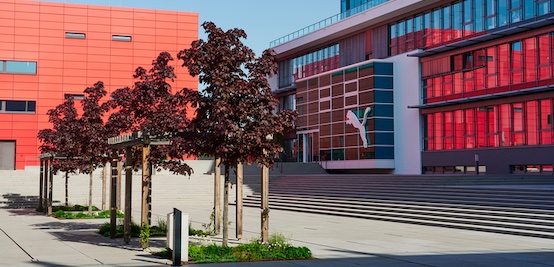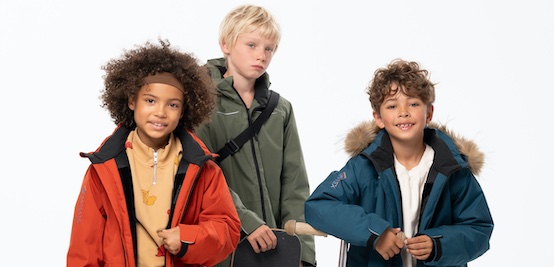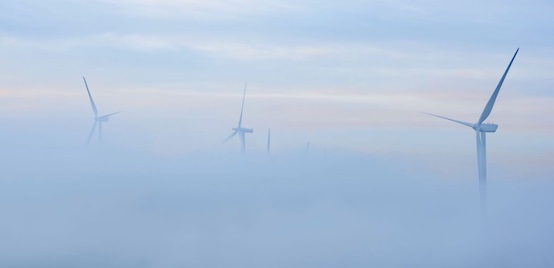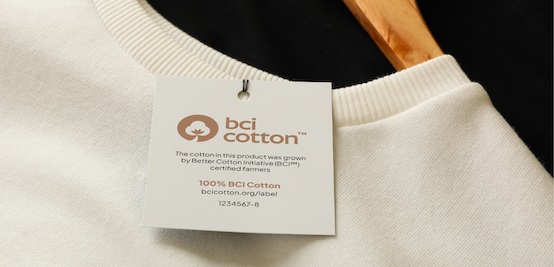#Retail & Brands
PUMA’s sustainability efforts receive ‘Leadership Level’ scores
“We are very proud of the improvements PUMA has made regarding water security and forests compared to last year,” said Veronique Rochet, Senior Director Sustainability at PUMA. “Combined with our continued top score for our climate change policies, CDP has recognized our leadership position in these areas. With our Vision 2030 sustainability targets, which we presented last year, we will aim to improve our sustainability performance even further in the coming years.”
To protect waterways and water supplies near the factories of its partners, PUMA ensures that regular wastewater testing is carried out and has introduced efficiency programmes to reduce the amount of water needed to manufacture its products. Between 2019 and 2023, PUMA was able to save 2,401,002 m3 of water, the equivalent or more than 7 million bathtubs, per year through various efficiency programmes.
To ensure that the leather used for its products does not cause deforestation, PUMA joined the Leather Working Group’s and Textile Exchange’s call to action to source all bovine leather from deforestation-free supply chains by 2030 or earlier. Almost all tanneries used for PUMA’s leather products have been certified by the Leather Working Group and in 2023 99.4% of paper and cardboard was either FSC-certified and/or recycled.
PUMA has a target of cutting its absolute Scope 1 and 2 greenhouse gas emissions by 90% (market based) from a 2017 baseline year and has committed to reduce absolute Scope 3 greenhouse gas emissions from its supply chain and logistics by 33% compared to 2017, while continuing to strive for growth. These targets were approved by the Science Based Targets initiative (SBTi) as aligned with a 1.5-degree scenario.
In 2024, PUMA announced its new sustainability targets Vision 2030 which were introduced to further improve the company’s performance in the areas of Climate, Circularity and Human Rights. For more information, please click here.















